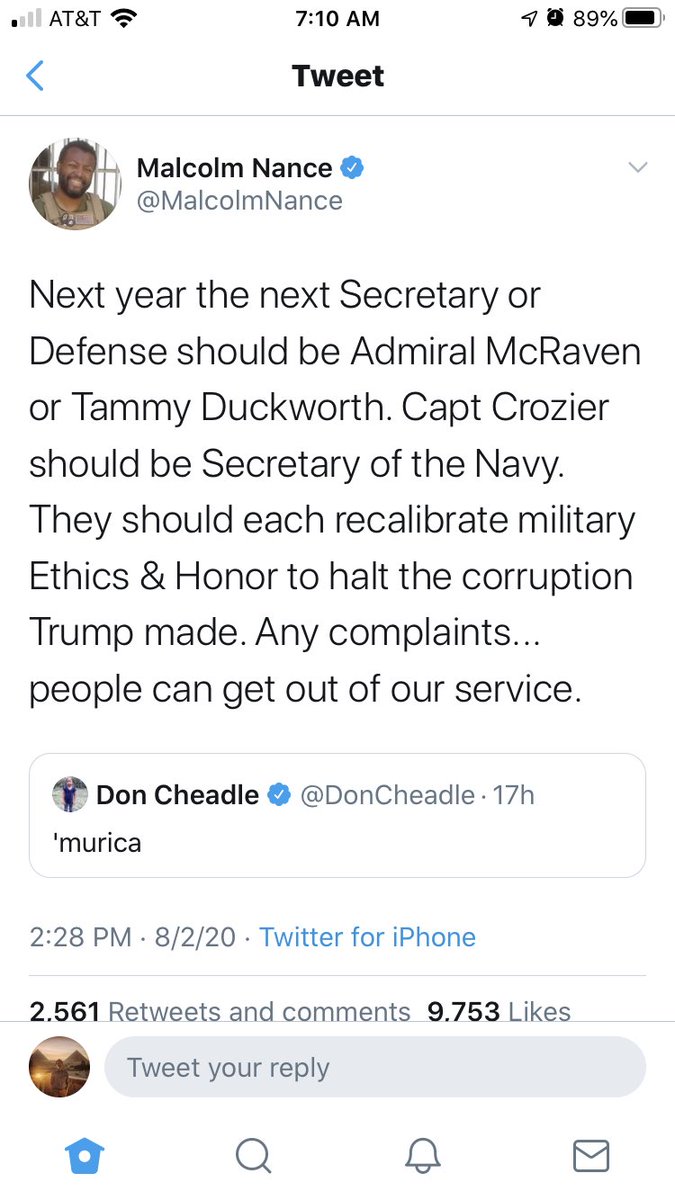
There’s a complex set of historical debates about why the atomic bombs were dropped and moral debates about whether it was justified. This explanation is far closer to fact-free “propaganda” than pretty much any of those arguments. 

Ironically, of course, this “explanation” also robs the Japanese leadership of agency and doesn’t really reckon with the aspects of the decision-making around the bomb and war termination that warrant reflection.
The nuances of this debate are taught in college classes and are part of PhD comprehensive exams for a reason. Lots of hard-to-parse evidence. Fierce arguments with moral significance. Robust counterarguments. This explanation doesn’t appear anywhere because it’s nonsense.
But let's use this as a chance to explore the actual historiography, because there's little to learn from this particular bad tweet...
The traditional U.S. interpretation of the atomic bombings after WWII framed them as a tragic necessity to end the war and forestall the casualties of an invasion of Japan. Truman's memoirs developed this point as did many "orthodox" historians. amzn.to/3oo5oxZ
Gar Alperovitz offered the first major broadside with ATOMIC DIPLOMACY (1965), which argued that the bomb was used to intimidate the Soviets as the Japanese on the verge of surrender. It drew heavily on the U.S. decisions around the Potsdam Conference. amzn.to/3n8NfoO
This "revisionist" argument became a mainstay in the debate, producing a wave of follow-on arguments from the '70s to the '90s, peaking with the 50th anniversary of the bombings in 1995.
To illustrate just a few entries, drawing on J. Samuel Walker's historiographical essay, there was Ronald Takaki's HIROSHIMA (1995) which emphasized the role of racism in the targeting of Japan. (This drew counterarguments about area bombing in Germany.) amzn.to/3n811YF
There was also Barton Berstein's "A Post-War Myth" (1986), which argued that the military estimates for U.S. deaths were far lower than the hundreds of thousands cited by Truman: 46,000 to be precise. bit.ly/30fdwJu
But there were also "neo-orthodox" defenses based on archival research during this period as well, particularly in the '90s.
Robert Maddox's WEAPONS FOR VICTORY (1995) argued that while parts of the Japanese gov't had put out peace feelers, the intent was neither clear to the U.S., nor made directly rather than via the Soviets, nor willing to accept essential U.S. terms. amzn.to/3quZq19
Edward J. Drea's MACARTHUR'S ULTRA (1992) used allied code-breaking to show that the "46,000 U.S. deaths estimate" was outmoded quickly. The costs might have been inflated, but the Japanese were building up for a major defense for the autumn of 1945. amzn.to/3Hexy7f
D.M. Giangreco's HELL TO PAY (2009) argued that a review of War Department records, as well as President Hoover's study on the subject for the government, showed massive casualty estimates as well. amzn.to/3kqpruv
The litigation of the evidence and the tendency for heated rhetoric helped produce what Walker calls the "middle ground."
Richard Frank's DOWNFALL (1999) used Japanese documents to show that the Japanese gov't was nowhere near surrendering prior to Hiroshima -- though the U.S. KIA and casualty estimates were overblown. amzn.to/3wB3I84
Tsuyoshi Hasegawa's RACING THE ENEMY (2005) used U.S., Soviet, and Japanese archives to argue that it was the two-punch combination of the Soviet moves towards Manchuria and Hiroshima which led Japan to surrender -- a complex argument. amzn.to/3D8bA3j
John Dower's CULTURES OF WAR (2010) argued that Truman was acutely sensitive to new battlefield losses as the war wound down on other fronts and that these would have been unacceptable to him and the public given that the bomb was available. amzn.to/3c6dkye
Campbell Craig and Sergey Radchenko's THE ATOMIC BOMB AND THE ORIGINS OF THE COLD WAR (2008) argued that Hiroshima was intended to end the war, Nagasaki to keep the Soviets from invading Manchuria and threatening U.S. interests in Asia. amzn.to/3wR0gGR
Wilson Miscamble's FROM ROOSEVELT TO TRUMAN (2007) argued that Truman wanted to save *American* lives, whatever the cost, since those were his special obligation. Casualty estimates were irrelevant. amzn.to/3wB4xhg
Andrew J. Rotter's THE WORLD'S BOMB (2008) argued that Truman's motivations were to save U.S. lives, whatever the number, and the it was highly unlikely the Emperor could have convinced a fractured cabinet to surrender without the bomb or Soviet entry. amzn.to/3qqR3Ul
Marc Gallicchio's UNCONDITIONAL (2020) framed the debate in both Japan and the U.S. over how to end the war as fractured and polarized for domestic political purposes -- and how many of those arguments live on today. amzn.to/3qvNxrB
I'm leaving out important contributions in all of these camps and haven't discussed many key issues: Japanese and U.S. civ-mil relations; debates over such a demonstration bombing; the warnings of scientists; and the "use as made ready" posture towards the use of the bomb.
The basic point is that the literature is capacious, nuanced, and the facts matter: both as a point of history and as points in the broader moral debates about WWII, war in general, and nuclear weapons in particular. It's foolishly glib to act otherwise.
Again, props to J. Samuel Walker for his historiographical essay in AMERICA IN THE WORLD (2014) which provides pithy summaries of these debates and the factual points on which they turn. amzn.to/3wHeEBo
No Sound Cloud but I would encourage you all to follow people who are honest-to-God nuclear experts like @wellerstein @ProfTalmadge @NarangVipin @DrRadchenko @Fiona_Cunning among many others.
(And subscribe to my Shakespeare-themed podcast, @BardFlies) apple.co/3C8CoPT
(And subscribe to my Shakespeare-themed podcast, @BardFlies) apple.co/3C8CoPT
• • •
Missing some Tweet in this thread? You can try to
force a refresh







